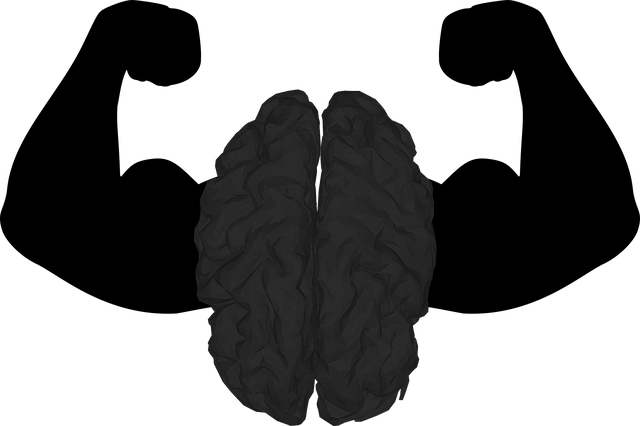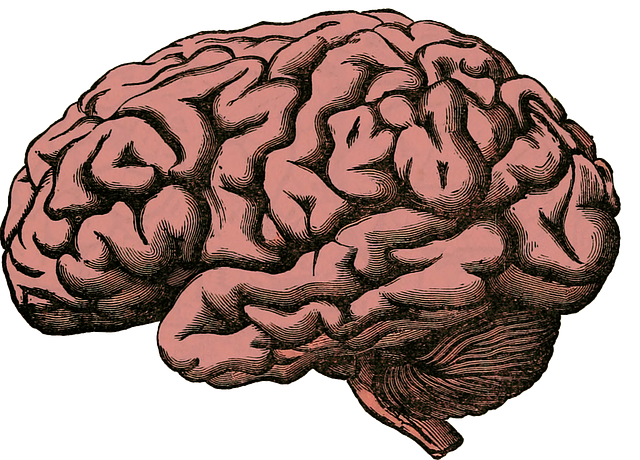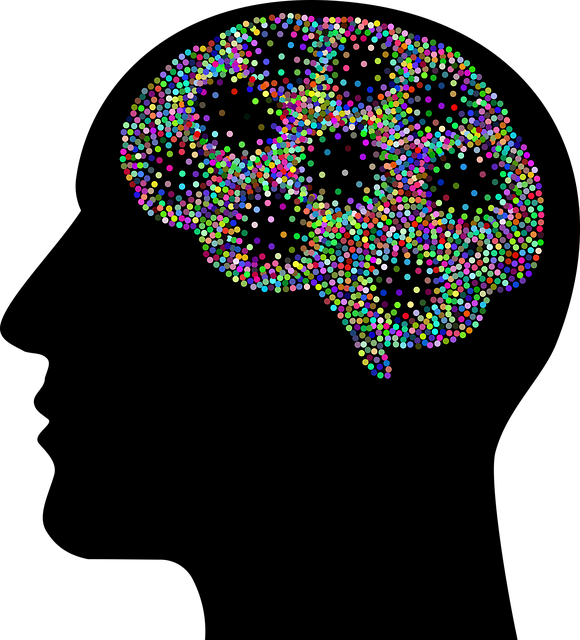In today's fast-paced world, Lone Tree Eating Disorders Therapy emerges as a game-changer in mental wellness, offering personalized coaching programs for complex eating disorders. This holistic approach integrates cognitive-behavioral therapy (CBT), mindfulness, and positive affirmations to challenge disordered thinking patterns, reduce anxiety, and improve body image. Evaluating success beyond clinical symptoms, these programs measure improvements in emotional well-being, stress management, and self-compassion through regular assessments and client feedback. By addressing underlying trauma and preventing relapse, Lone Tree Eating Disorders Therapy fosters a supportive environment that enhances anxiety relief and overall mental wellness for individuals from diverse backgrounds.
Mental wellness coaching programs are gaining prominence as tailored, supportive interventions for individuals dealing with various challenges. This article delves into the critical components of developing effective programs, focusing on eating disorders within the context of Lone Tree Eating Disorders Therapy. We explore the need for customized approaches, design evidence-based coaching strategies, and provide a framework for evaluating success. By understanding individual needs, we can enhance mental wellness outcomes through tailored therapy programs.
- Understanding the Need for Customized Mental Wellness Programs
- Designing Effective Coaching Interventions for Eating Disorders
- Implementing and Evaluating the Success of Lone Tree Eating Disorders Therapy Programs
Understanding the Need for Customized Mental Wellness Programs

In today’s fast-paced world, mental wellness is an often overlooked yet crucial aspect of overall health. Customized coaching programs are emerging as a game-changer in addressing unique individual needs, especially when it comes to complex issues like eating disorders. Lone Tree Eating Disorders Therapy exemplifies this tailored approach, recognizing that one-size-fits-all strategies rarely resonate with clients’ diverse backgrounds and challenges. By understanding the nuances of each person’s journey, coaches can develop programs that effectively support mental health recovery.
This personalized focus extends beyond individual therapy; it influences policy decisions too. Mental Health Policy Analysis and Advocacy plays a vital role in shaping community outreach program implementations, ensuring comprehensive and accessible support systems. Through such initiatives, communities can foster environments that actively promote anxiety relief and overall mental wellness, benefiting individuals from all walks of life, not just those with specific disorders.
Designing Effective Coaching Interventions for Eating Disorders

Coaching interventions for eating disorders must be meticulously designed to address the complex psychological and behavioral aspects of these conditions.
Effective programs should go beyond simple diet advice, focusing instead on fostering a holistic understanding of mental wellness and body image.
By integrating techniques from cognitive-behavioral therapy (CBT), mindfulness practices, and positive affirmation, coaches can empower individuals to challenge disordered thinking patterns, reduce anxiety around food and bodies, and cultivate a healthier relationship with themselves. Lone Tree Eating Disorders Therapy, for instance, has seen success in leveraging these strategies to help clients achieve lasting recovery. Additionally, incorporating tools from Mental Wellness Podcast Series Production—such as mindful listening exercises or creative expression through storytelling—can provide alternative avenues for processing emotions and breaking negative cycles.
Implementing and Evaluating the Success of Lone Tree Eating Disorders Therapy Programs

Implementing and evaluating Lone Tree Eating Disorders Therapy programs is a multifaceted process that goes beyond mere treatment protocols. These programs aim to holistically address eating disorders by integrating evidence-based therapeutic approaches tailored to individual needs. Success is measured not only through clinical symptoms reduction but also by the significant improvement in clients’ emotional well-being promotion techniques, such as stress management and self-compassion.
Regular assessments, client feedback, and measurable outcome indicators are crucial tools in gauging the effectiveness of Lone Tree Eating Disorders Therapy. By providing trauma support services alongside traditional therapy, these programs can address underlying causes and prevent relapse. This comprehensive approach fosters a safer and more supportive environment, ultimately enhancing anxiety relief and overall mental wellness for individuals navigating eating disorders.
Mental wellness coaching programs, particularly those tailored for eating disorders like Lone Tree Eating Disorders Therapy, have proven to be transformative. By customizing interventions and utilizing effective strategies, such as those detailed in this article, we can significantly enhance mental health outcomes. The success of these programs underscores the importance of addressing unique individual needs, and continues to drive innovation in the field of mental wellness coaching.














